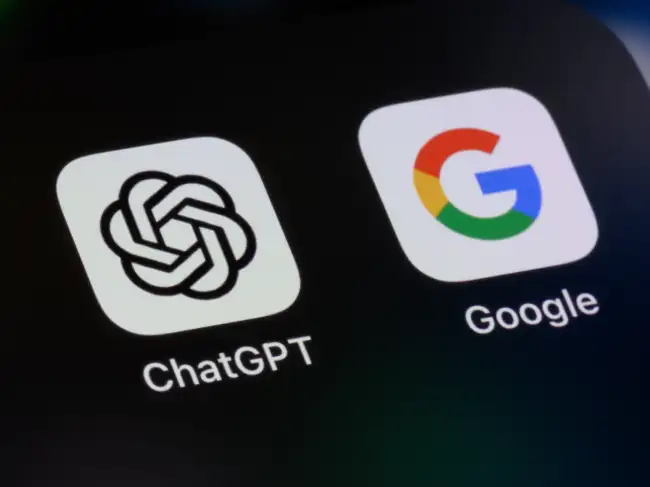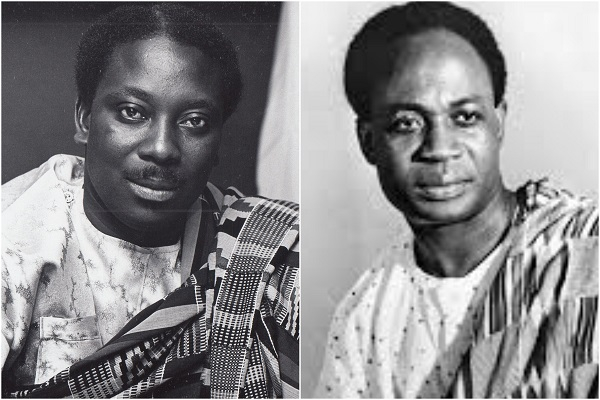 iStock
iStockAccording to a report by Search Engine Journal, Altman emphasized that ChatGPT’s goal is no longer limited to retrieving information. It’s about doing things—completing tasks, automating workflows, and even proactively assisting users. Features like memory, reasoning, and integration with business tools are pushing ChatGPT toward becoming a true assistant.
“Memory is the first time where people can sort of see that coming,” Altman said, referring to ChatGPT’s new ability to remember preferences and previous conversations. This shift supports OpenAI’s broader vision of AI not just as a knowledge engine, but as a platform that connects to user data and performs tasks independently.
New model releases like GPT-4o and O3 are tailored for deeper reasoning and complex workflows. “The technology is moving faster than most businesses can adapt to it,” Altman noted, suggesting that the current capabilities are ahead of widespread use cases.
Despite its advanced features, ChatGPT hasn’t completely escaped comparisons with Google—and with good reason. According to TechRadar, many users now type questions into ChatGPT that they previously might’ve asked Google. But the two platforms serve fundamentally different roles.Rohan Sarin, a former product lead at both Google and Microsoft, argues that ChatGPT and Google “solve fundamentally different information problems.” If you know what you want—like a specific website or actor’s name—Google still reigns. It provides direct links and a wealth of unfiltered data. ChatGPT, on the other hand, shines when you're unsure of your needs and want help exploring ideas or synthesizing concepts.
Put simply, Google connects you to the internet. ChatGPT helps you make sense of it.
Sarin adds that users often prefer convenience over precision. “Most users don’t particularly care about source verification or getting the exact right answer—they just want something that works,” he said. ChatGPT, free of ads and clutter, wins big on convenience.
Still, Google isn’t going anywhere. SEO experts like Eric M. Hoover of Jellyfish believe Google’s massive infrastructure, default integrations with browsers, and AI investments (such as Gemini and AI Overviews) ensure its continued dominance in search.
Rather than replacing Google, ChatGPT appears to be redefining the expectations we have from AI. It’s no longer just about retrieving facts; it’s about applying them. As Altman puts it, users can now assign tasks to ChatGPT—whether it's writing proposals, coding snippets, or analyzing data—and return to see a draft or solution, just like they would with a junior team member.
In this new landscape, the smartest users won’t choose between Google and ChatGPT. They’ll use both, strategically—turning to Google when they need direct answers and to ChatGPT when they need a guide, a partner, or a second brain.
Because in the evolving AI ecosystem, the real revolution isn’t in replacing search. It’s in augmenting human capability.












